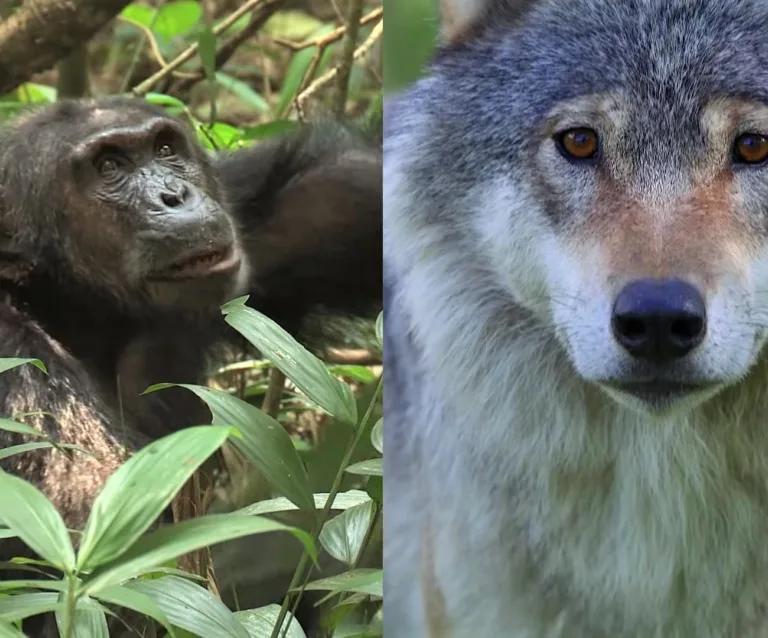Menu

“There is a bridge between human and non-human psychology.” In this podcast episode, Dr. Brian Hare shares how investigating diverse intelligences offers human beings insight into our own cognition.
Whether human or animal, different regions of the brain are responsible for different skills and talents and processing. Animals help us interpret and discover different neural architecture, and neurobiology often helps us think of hypotheses science can test about why different animals may behave the way that they do.
Learn why Hare cites friendliness as a key to cognitive evolution, as he discusses his extensive work with wolves, chimps, bonobos, dogs, and other animals.
He also describes the powerful open access, online tool he’s building to encourage collaboration between researchers in the field of comparative animal cognition. “With these phylogenetic comparisons, we're going to find intelligence, flexibility, sophistication, where we least expect it.”
Discover the video version of this interview.
Learn more about the TWCF-funded research project related to this episode.
Read the transcript from the interview conducted by journalist Richard Sergay, presented by podcast producer Tavia Gilbert. Featuring: Dr. Brian Hare, core member of the Center of Cognitive Neuroscience, a Professor in Evolutionary Anthropology, and Psychology and Neuroscience at Duke University. In 2019, Hare and his research were featured in Steven Speilberg’s documentary series "Why We Hate." Hare’s first book with co-author Vanessa Woods, The Genius of Dogs is a New York Times Bestseller.
Built upon the award-winning video series of the same name, Templeton World Charity Foundation’s “Stories of Impact” podcast features stories of new scientific research on human flourishing that translate discoveries into practical tools. Bringing a mix of curiosity, compassion, and creativity, journalist Richard Sergay and host Tavia Gilbert shine a spotlight on the human impact at the heart of cutting-edge social and scientific research projects supported by TWCF.




